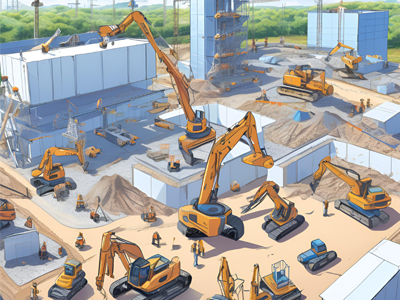
While AI is just starting to play a significant role in the construction industry, new opportunities arise for project management optimization, processes can be automated, and safety on the construction site improved. However, the application of AI in construction also raises several legal issues that have to be noted and for which appropriate regulatory mechanisms should be developed in return. AI can help engineers “generate and analyse design models at a swift pace, flag potential problems automatically, and optimize designs to cost and functionality.” AI-powered robotic systems are being used to lay bricks, weld, and paint buildings, saving labour and boosting productivity. AI will be in a position to analyse these data streams so as to optimize material, machine, and labour use and minimize waste, enhancing coordination activities on site. AI-enabled systems would constantly monitor the construction site and create an alert in case there impedes the safety and health of the construction workers. The legal complications arise when one needs to determine liability for AI mistakes, with particular reference to defects in construction and accidents. Regulations must be fully drawn out to determine the liability of AI manufacturers and construction companies. Artificial Intelligence use in design and construction raises specific issues of intellectual property protection concerning algorithms, software, and the design solutions created with them. Gathering and analysing data using AI shall be in conformity with data protection legislation, which will guarantee the safety and privacy of workers’ and clients’ personal information. AI in construction should follow building regulations and standards by continuously verifying and certifying related technologies. Artificial Intelligence will totally change the construction industry’s course to an effective and safe one; this, of course, cannot be achieved only through technological development but also by creating an appropriate legal framework. Legal regulation shall provide for clear responsibilities, intellectual property, protection of data privacy, and consideration of regulatory requirements. The complete potential of AI in construction, together with minimal risks, will come into play only with an integrated approach in the legal framework for the industry’s sustainable development.
